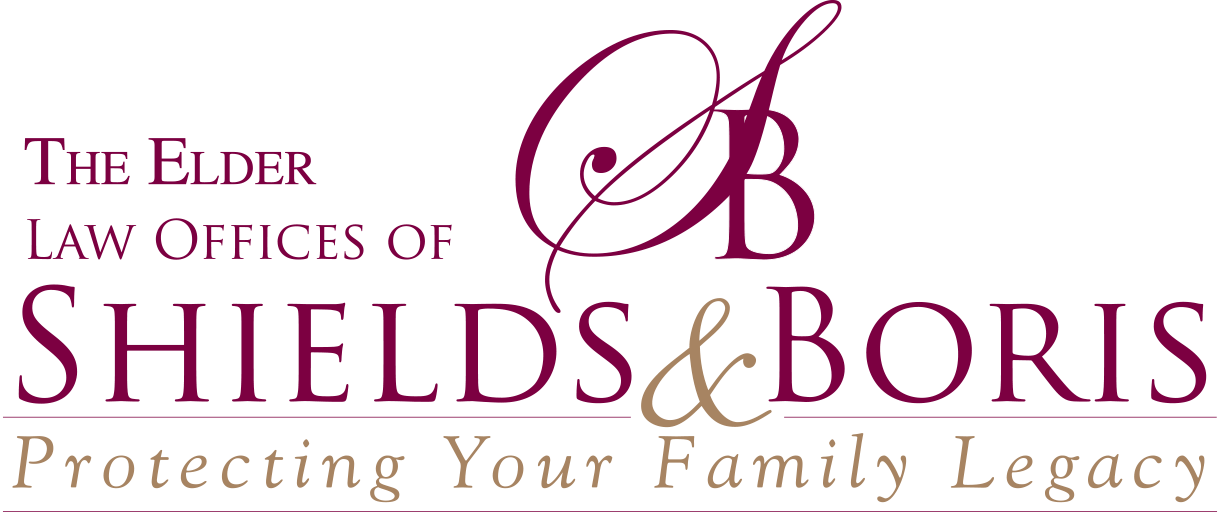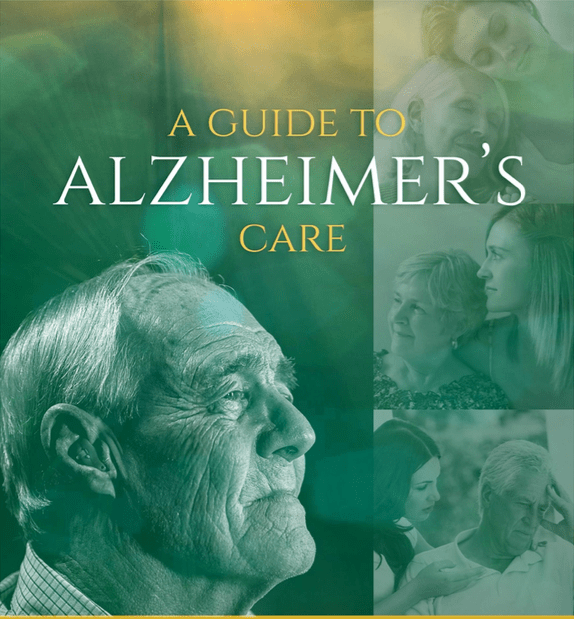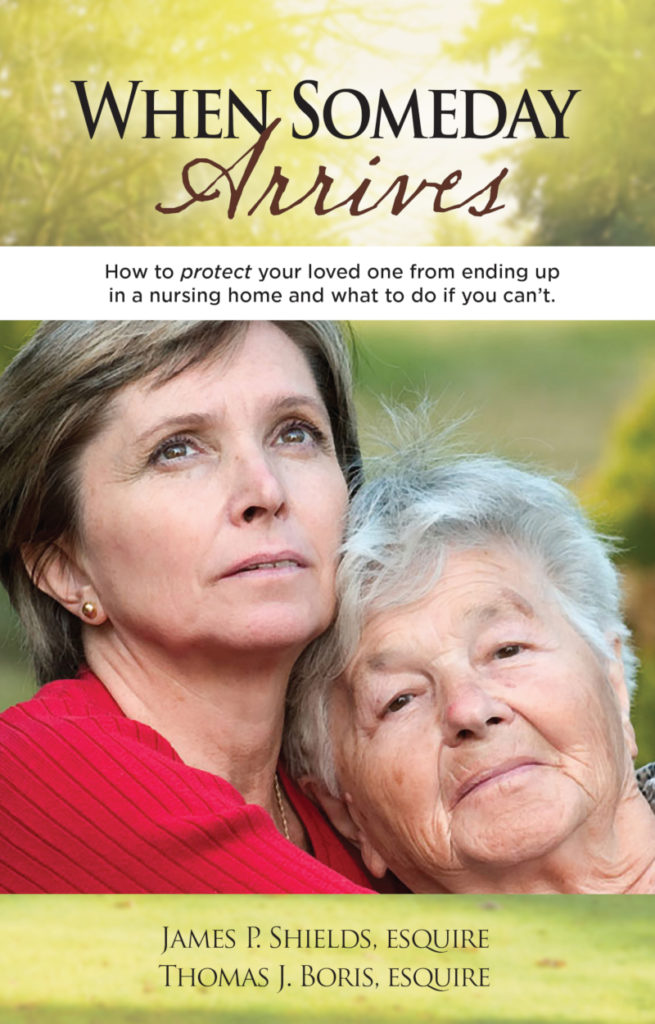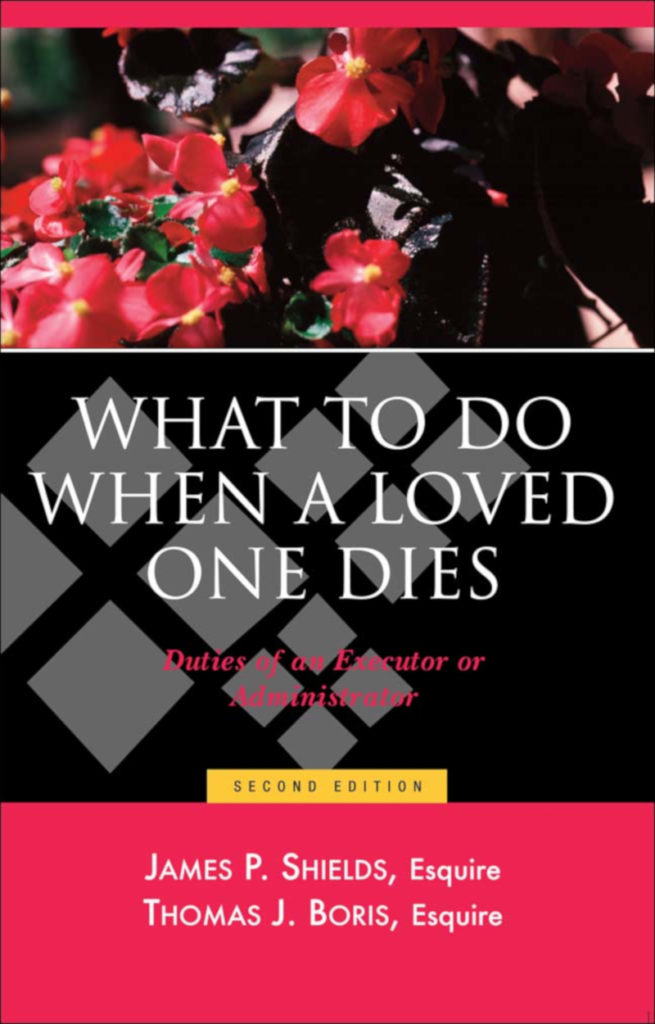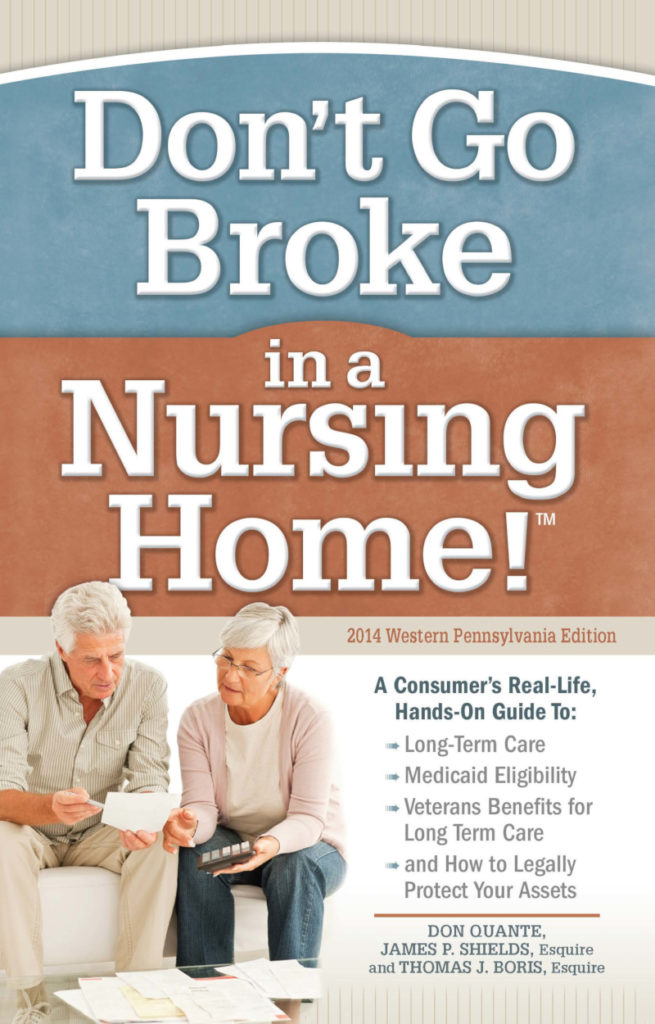Navigating Prescription Medication After a Death
Posted on September 10, 2023 by shieldsandboris
Most older people take prescription medications. According to data from the Kaiser Family Foundation (KFF), approximately 90% of American seniors take at least one prescription drug. Many seniors are on a large number of prescription medications. This raises an important question: What do you do with prescription medications after a death? The answer depends on a number of different case-specific factors. Here, our Pennsylvania elder law attorney provides an overview of the key things that you should know about navigating prescription medication after a loved one’s death.
Three Things You Should Not Do With Prescription Drugs After a Person’s Death
As a starting point, it is important to highlight the things that you should not do with prescription medications after a loved one’s passing in Pennsylvania. Too many people mishandle powerful drugs. Here are the three big mistakes that you and your family should be sure to avoid:
Give Them Away: It might seem like a kind gesture to pass on unused medications to someone in need, but it's a risky and illegal act. Prescription drugs are tailored to the specific health needs and conditions of an individual. A medication that might be safe for one person could have severe adverse effects on another—especially if there are potential drug interactions or allergies to consider. Of course, it is also important to remember that distributing prescription drugs without authorization could be a criminal violation.
Toss Them in the Trash: Disposing of medications by merely throwing them in the garbage can be problematic. It is not a recommended practice. To start, there is a risk that these drugs might end up in the wrong hands, leading to potential misuse or abuse. Even if they do not, improperly discarded medications can harm the environment. They could leach into the soil or contaminate local water sources.
Flush Them (Unless FDA-Approved): While flushing seems like a quick way to get rid of medications, it is not necessarily a recommended method—at least not initially. Only a select few medications are recommended by the FDA for flushing. Further, the FDA will usually only recommend flushing for these select prescription medications if a person cannot reasonably return them to a health provider, pharmacy, or drug take-back program.
The Proper Way to Navigate Prescription Medications After a Death in Pennsylvania
Losing a loved one is distressing. No matter the circumstances, there are many emotional challenges. Navigating their prescription medication is a logistical issue that can be stressful. Knowing what to do can help to relieve the burden. Here is the general four-step process for responsible disposal of prescription drugs after a family member’s death in Pennsylvania:
Create a Comprehensive Inventory and Collect Medications: To start, you need to know what medications they have and what medications they receive. Make an inventory of all the prescription drugs that belonged to the deceased. Once this list is ready, gather all the medicines in a safe place. An inventory will not only help you keep track of all the medications but will also assist in notifying healthcare providers and pharmacies. It can also help you to ensure that medications do not inadvertently fall into the wrong hands.
Notify All Health Care Providers and Pharmacies: It is a best practice to notify all of the deceased healthcare providers of their passing, including the pharmacies that they have been using to get their prescriptions filled. Informing them of the death can prevent any future shipments or automatic refills of the medications. Beyond that, the providers might offer advice or resources for proper disposal. The comprehensive inventory you created can assist in this step by ensuring that you do not miss any medications.
Use Pennsylvania's Drug-Take-Back Program: There are federal and state public programs in place that are designed to help take back drugs that are no longer needed. Pennsylvania Department of Drug and Alcohol Programs (DDAP) has put together a tool that you can use to look up specific drug take-back program locations (and hours) in your local area. These are safe, convenient, and anonymous drop-off points for unwanted, unused, or expired medications. By utilizing this program, you ensure that the drugs are disposed of in the proper manner. When possible, it is best to use a drug-take program.
Flush Certain Medication (FDA has Flush List): For certain medications that pose a higher risk of misuse, abuse, or accidental ingestion, immediate disposal might be necessary. The Food and Drug Administration (FDA) has a specific list of medicines that can be safely flushed down the toilet without causing significant environmental harm. These are typically drugs that can be especially harmful or fatal if consumed by someone other than the person for whom they were prescribed. Before flushing any medication, always consult the FDA's flush list to verify that it is approved for this disposal method.
Handling Prescription Medications Should Be Part of a Comprehensive Elder Care Plan
Dealing with prescription medications is a complicated matter—especially for an elderly or otherwise vulnerable person. A comprehensive elder care plan goes beyond addressing the immediate health and well-being of our seniors. As individuals age, the number of prescribed medications often increases, raising the potential for misuse, interactions, or confusion. By incorporating the systematic management of prescription drugs into a more comprehensive elder care strategy, family members and other caregivers can ensure that medications are obtained in a timely manner, used correctly, safely stored, and, when the time comes, disposed of properly.
We Help People and Families With the Full Range of Elder Law Matters
At The Elder Law Offices of Shields & Boris, we are committed to helping our clients protect themselves and their families. Every person has a legacy. If you have any questions about dealing with prescription medications as part of an elder law plan, we are here as a resource. Give us a call at (724) 235-7939 or contact us online to set up your completely confidential, no-obligation consultation. Our firm serves communities throughout all of Western Pennsylvania.
